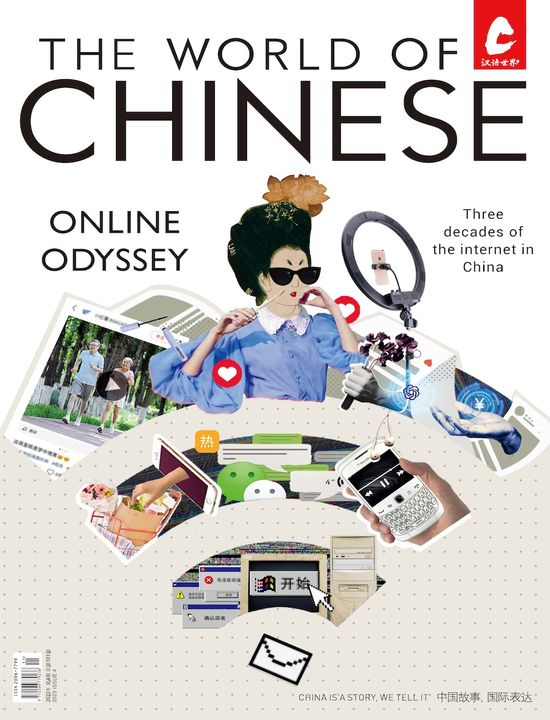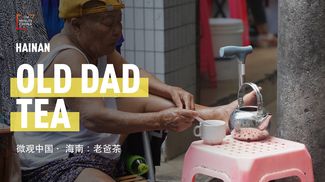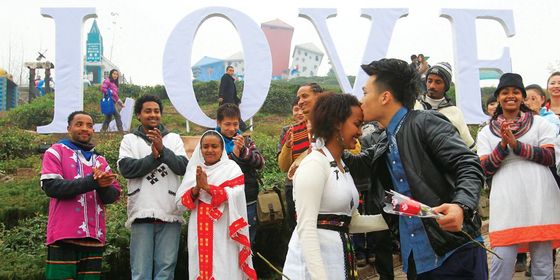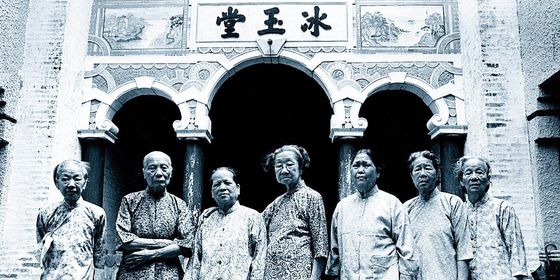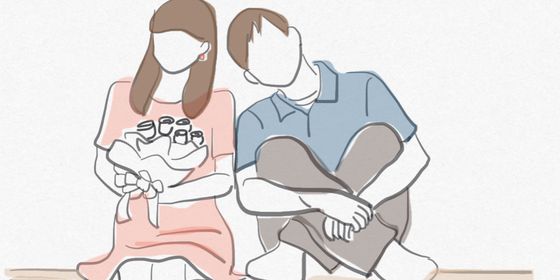With media outlets and policymakers focused on unmarried, highly educated women, the challenges faced by those who marry early often go overlooked.
As an unmarried female PhD student, concerns and questions about my love life are unavoidable. Annoying as they are (I’m just 25 years old) I see my education as a privilege, rather than a burden.
Not everyone agrees. There is still a stigma attached to being a single, highly educated woman in China, 14 years after the Ministry of Education first formally adopted the popular buzzword “leftover women” to refer to our supposed plight. Just last month, for example, an expert suggested governments in rural areas sign local unmarried men up for skills trainings and then “export” them to cities where they could pair up with leftover women.
My own mother, when I first told her that I wanted to pursue a doctorate, responded angrily: “You would be better off just marrying someone than applying for a useless PhD in sociology.” Enticed by the prospect of my one day becoming a university professor, she ultimately did not stand in my way, but over the years, my relatives, my parents’ friends, and even their colleagues have all constantly nagged us, urging me to find a husband, or at least get a boyfriend.
According to data from the 2010 census, college-educated women aged 25 to 29 were roughly three times more likely to be unmarried than similarly aged women with less than a high school education. The term “leftover women” reflects society’s anxieties over this demographic phenomenon, exacerbated by the patriarchal norm that men should “marry down”—that is, marry women younger and less educated than themselves. According to this logic, female PhD graduates could be seen as too qualified to get married. The shame and anxiety of this label has been reinforced by stereotypical depictions of leftover women in film and television, where women with higher education levels are portrayed as undesirable and a woman’s value is defined by her ability to play the dual roles of wife and mother.
But are China’s highly educated women really at risk of being left over? Policymakers and social commentators certainly see their single status as a problem, but many so-called leftover women are single by choice. Their education doesn’t restrict their options. If anything, it gives these women a bigger say in their marital choices. Conversely, the very real marital challenges faced by less-educated women are often left out of mainstream discourse. Just because they’re married, however, doesn’t mean their problems are over.
